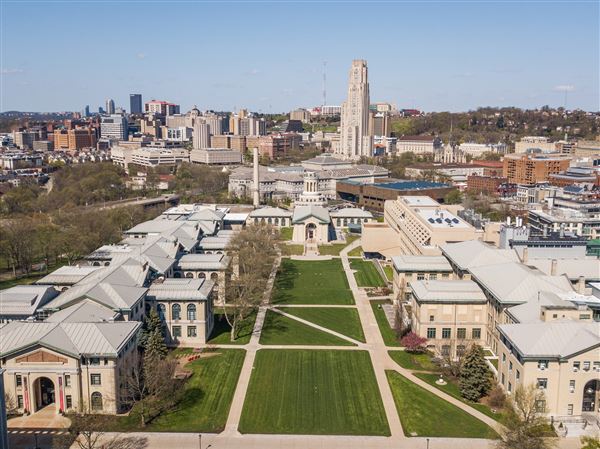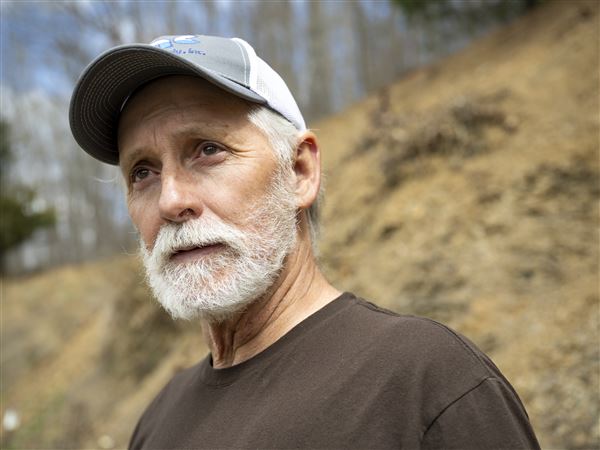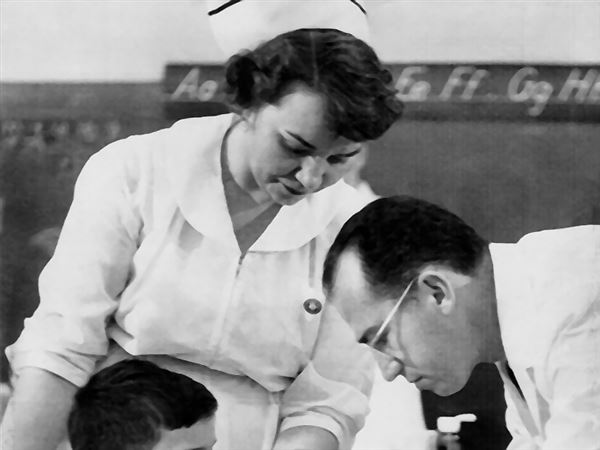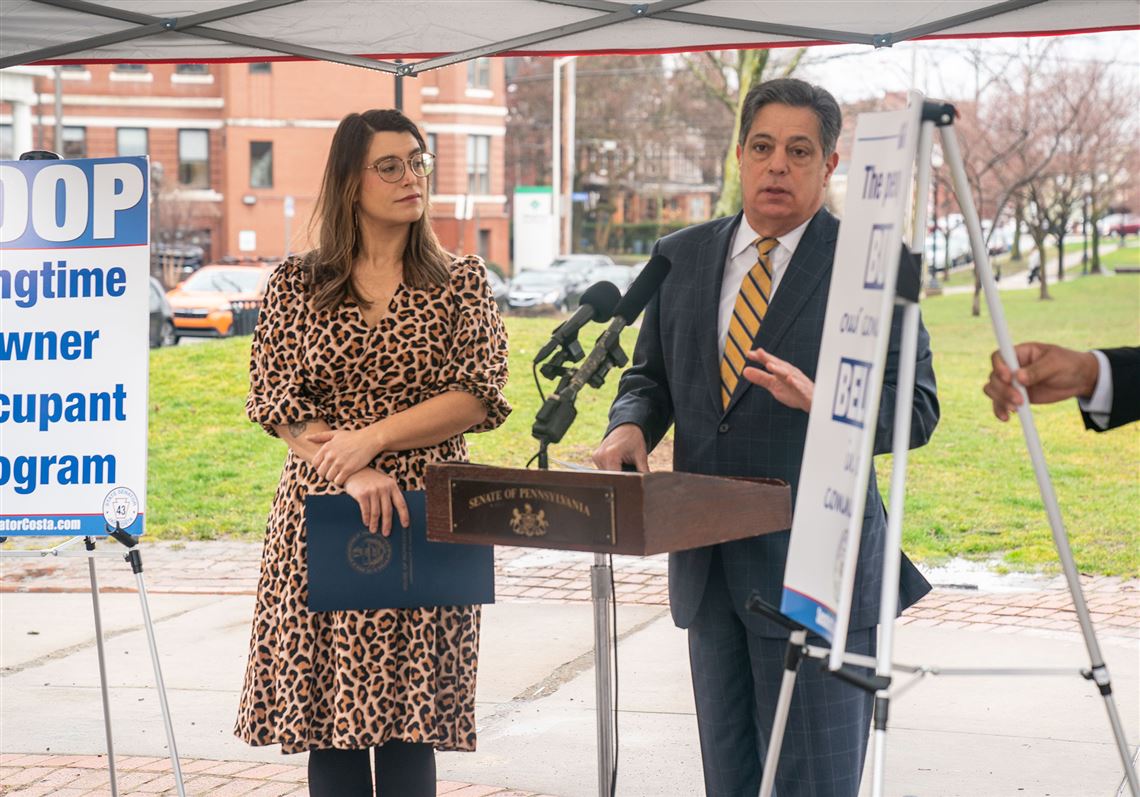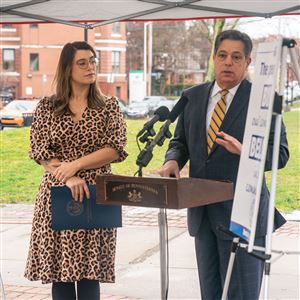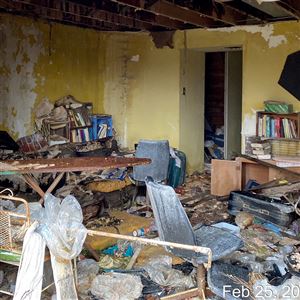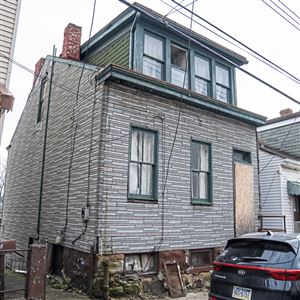HARRISBURG — Unanimous, bipartisan support from a state House committee for a proposed Pittsburgh-focused property tax relief program makes Senate Democratic Leader Jay Costa optimistic about its chances for passage through the legislature.
A bill sponsored by state Rep. Sara Innamorato, D-Lawrenceville, would let Pittsburgh set up a program to give tax relief to longtime homeowners in gentrifying neighborhoods where property values increase rapidly. The lower chamber’s Housing and Community Development Committee passed it last week in a unanimous vote that included nine Republicans.
Mr. Costa, who has a similar bill in the Senate and has promoted similar measures in the past, said the vote bodes well for the bill’s prospects in the full House — where Democrats have a majority — and even in the Republican-controlled Senate.
“It tells me there is bipartisan support,” said Mr. Costa, adding that the vote also indicates lawmakers view it as a “thoughtful program” that recognizes specific needs in the city of Pittsburgh.
A spokesperson for Gov. Josh Shapiro declined comment on the bill’s movement in the House.
Another Allegheny County-centric bill that advanced in the House last week was sponsored by Rep. Emily Kinkead, D-North Side. It would boost blight-fighting efforts by letting land banks in Pittsburgh and other municipalities in the county use less-cumbersome property acquisition tools now only available to Philadelphia.
Ms. Innamorato’s bill would let Pittsburgh create its own version of a Longtime Owner-Occupant Program, or LOOP. Specifically, the program would set up “special real property tax provisions granting longtime owner-occupants a deferral or exemption or combination thereof” on some property tax increases in areas where property values have increased significantly.
Currently, Pennsylvania municipalities can create tax relief programs only when authorized by their home counties. A 1990 Allegheny County ordinance that sought to cap property tax increases was struck down by courts that ruled it too broad to meet state requirements. Should Ms. Innamorato’s bill pass, Pittsburgh could develop its own LOOP program free of county oversight.
Philadelphia made changes to its LOOP program last year. Mr. Costa said he believes the full House — where Democrats have a 101-100 majority — is likely to pass Ms. Innamorato’s bill in the next couple of weeks.
In the Senate, where the GOP has a 28-22 majority, Mr. Costa said he believes even Republicans who don’t have a large city in their districts understand the effects of rising property taxes, “particularly for longtime residents.”
“You want to have stability in the community where you have longtime owner-occupant folks,” Mr. Costa said. “You don’t want to push them out.”
For Ms. Innamorato, the Democratic nominee for Allegheny County executive, the vote marked the first time in four-and-a-half years in the legislature that one of her bills moved out of committee. Another bill sponsored by her last week was “re-referred” from one committee to another.
Ms. Kinkead’s bill also got unanimous approval from the Housing and Community Development Committee. In a memo supporting the measure, she wrote, “Blight restoration is a crucial aspect of any thriving community, and ensuring that our Allegheny County land banks have all the tools necessary for successful land recycling would help to remedy blighted properties while also addressing issues like our region’s ongoing housing crisis.”
Community groups and the city of Pittsburgh have been locked in a legal battle involving blighted properties that the groups say have been poorly managed by the city.
Ford Turner: fturner@post-gazette.com
First Published: June 1, 2023, 5:13 p.m.
Updated: June 2, 2023, 4:35 p.m.
